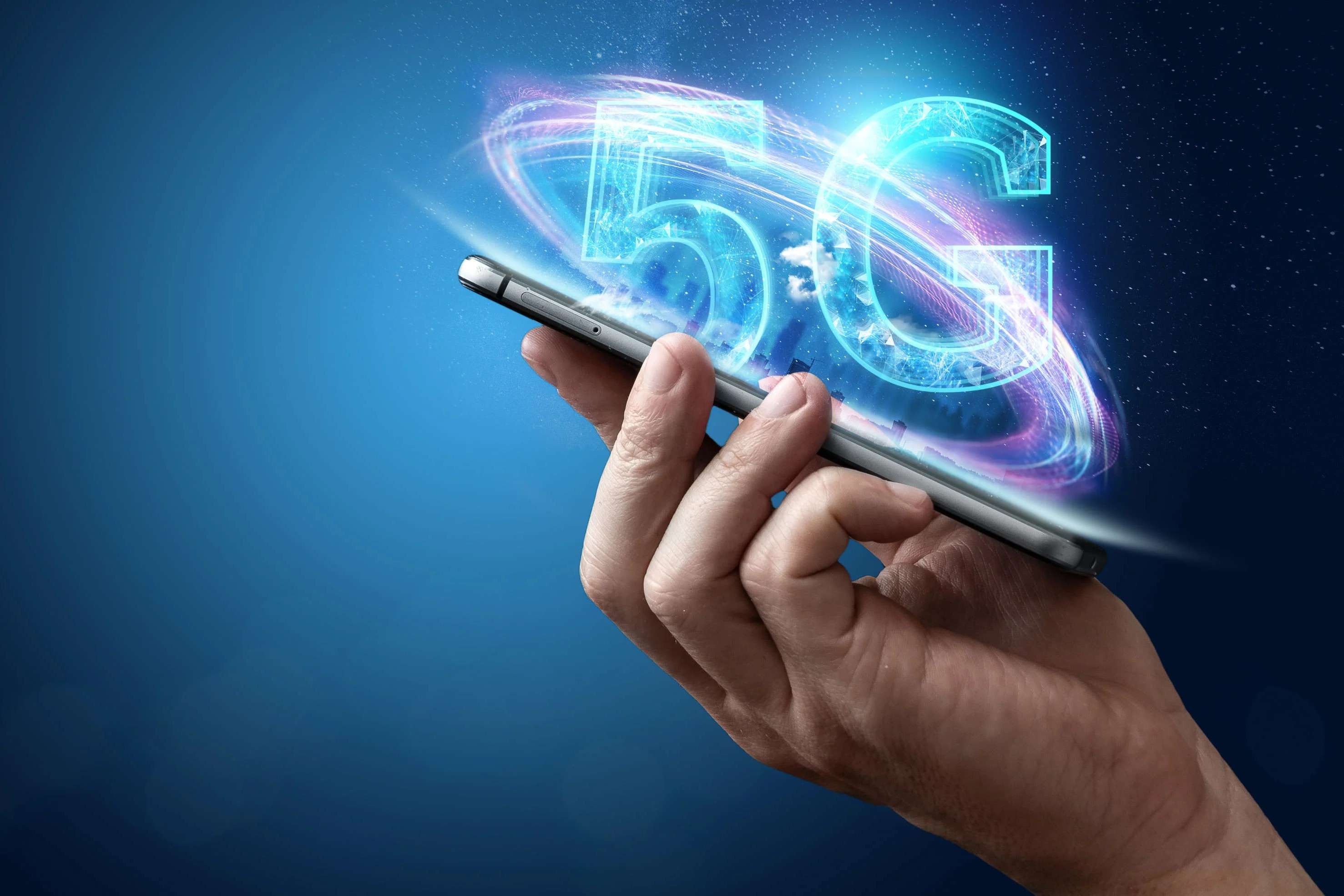
What is 5G? Simply put, 5G stands for the fifth generation of mobile networks. It promises faster speeds, lower latency, and more reliable connections. Imagine downloading a full movie in seconds or having a video call with zero lag. 5G technology isn't just about speed; it also supports more devices simultaneously, which is crucial for smart homes and cities. This new network will revolutionize industries like healthcare, transportation, and entertainment. However, with all its benefits, there are also concerns about security and health impacts. Ready to learn more? Here are 25 facts about 5G that will blow your mind!
What is 5G?
5G stands for the fifth generation of mobile networks. It promises faster speeds, lower latency, and more reliable connections. Here are some fascinating facts about this technology.
-
5G Speed: 5G can be up to 100 times faster than 4G. Imagine downloading a full HD movie in seconds!
-
Low Latency: Latency in 5G networks can be as low as 1 millisecond. This is crucial for real-time applications like gaming and autonomous driving.
-
Massive Device Connectivity: 5G can support up to 1 million devices per square kilometer. This is essential for the Internet of Things (IoT).
-
Energy Efficiency: 5G networks are designed to be more energy-efficient, reducing the power consumption of connected devices.
-
Network Slicing: 5G allows for network slicing, which means creating multiple virtual networks on a single physical 5G network. Each slice can be customized for different applications.
How Does 5G Work?
Understanding how 5G works involves diving into its technology and infrastructure. Here are some key points.
-
Millimeter Waves: 5G uses millimeter waves, which are higher frequency waves that can carry more data but have shorter ranges.
-
Small Cells: To overcome the short range of millimeter waves, 5G networks use small cells. These are mini base stations placed closer together.
-
Massive MIMO: Multiple Input Multiple Output (MIMO) technology uses multiple antennas to send and receive more data simultaneously.
-
Beamforming: Beamforming directs signals to specific users rather than broadcasting in all directions, improving efficiency and speed.
-
Full Duplex: 5G supports full duplex communication, allowing data to be sent and received simultaneously on the same frequency.
Benefits of 5G
The advantages of 5G extend beyond just faster internet. Here are some benefits.
-
Enhanced Mobile Broadband: 5G provides faster and more reliable mobile internet, improving streaming, browsing, and downloading.
-
Smart Cities: 5G enables smart city technologies like intelligent traffic systems, smart lighting, and enhanced public safety.
-
Healthcare: Telemedicine and remote surgeries become more feasible with 5G's low latency and high reliability.
-
Autonomous Vehicles: Self-driving cars require real-time data processing, which 5G can provide.
-
Augmented Reality (AR) and Virtual Reality (VR): 5G can support AR and VR applications with minimal lag, enhancing gaming and training experiences.
Challenges of 5G
Despite its benefits, 5G faces several challenges. Here are some of them.
-
Infrastructure Costs: Building the infrastructure for 5G is expensive, requiring new base stations and fiber optic cables.
-
Spectrum Availability: 5G needs a lot of spectrum, and allocating this spectrum can be challenging.
-
Security Concerns: With more devices connected, the risk of cyber-attacks increases.
-
Health Concerns: Some people worry about the potential health effects of increased exposure to radiofrequency radiation.
-
Interference: 5G signals can be easily blocked by buildings, trees, and even rain, requiring more base stations.
Global Impact of 5G
5G is set to have a significant impact worldwide. Here are some ways it will change the world.
-
Economic Growth: 5G is expected to contribute trillions of dollars to the global economy by enabling new industries and services.
-
Job Creation: The rollout of 5G will create millions of jobs in various sectors, from tech to construction.
-
Digital Divide: 5G has the potential to bridge the digital divide by providing high-speed internet to rural and underserved areas.
-
Environmental Impact: While 5G is more energy-efficient, the increased number of devices and infrastructure could have environmental consequences.
-
Global Competition: Countries are racing to be the leaders in 5G technology, impacting global politics and economics.
The Future of Connectivity
5G is changing how we connect, work, and play. With faster speeds, lower latency, and greater capacity, it's paving the way for innovations like smart cities, autonomous vehicles, and remote surgeries. This technology isn't just about quicker downloads; it's about transforming industries and enhancing our daily lives. As more devices become interconnected, the potential for new applications and services grows exponentially. However, with these advancements come challenges like security concerns and infrastructure demands. Staying informed about 5G helps us understand its impact and prepare for the future. So, whether you're a tech enthusiast or just curious, keep an eye on 5G developments. The journey has just begun, and the possibilities are endless.
Was this page helpful?
Our commitment to delivering trustworthy and engaging content is at the heart of what we do. Each fact on our site is contributed by real users like you, bringing a wealth of diverse insights and information. To ensure the highest standards of accuracy and reliability, our dedicated editors meticulously review each submission. This process guarantees that the facts we share are not only fascinating but also credible. Trust in our commitment to quality and authenticity as you explore and learn with us.
